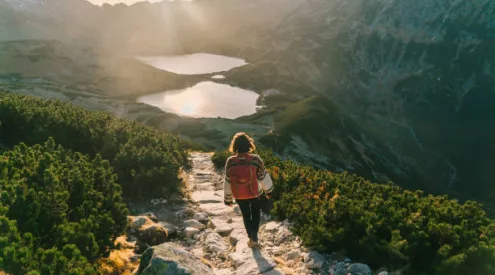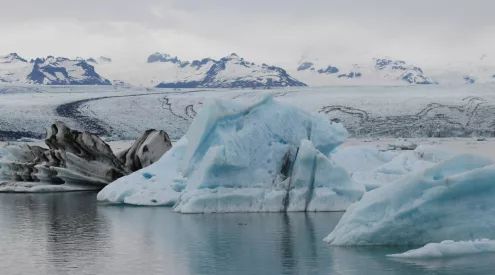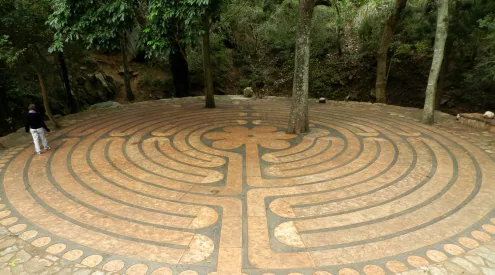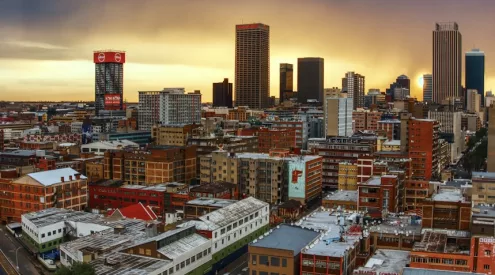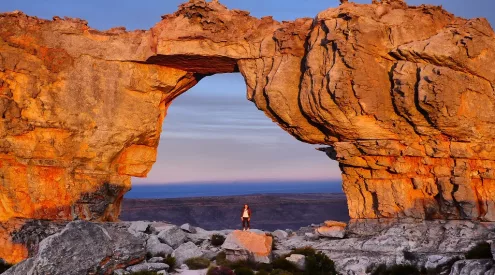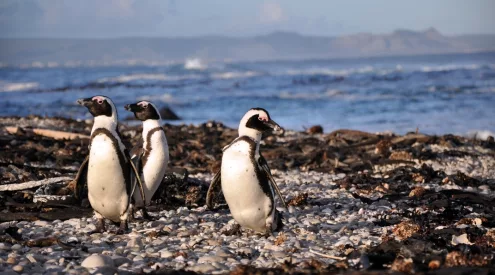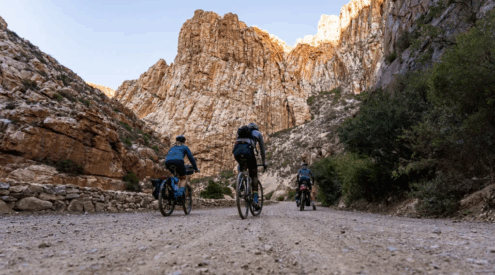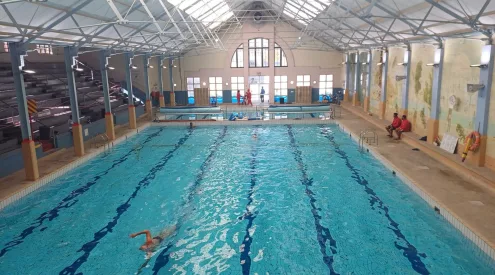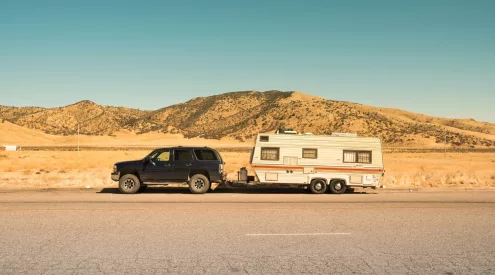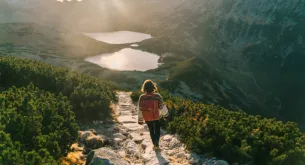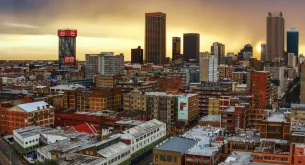Over the years of travelling at short notice for work or on a whim, I’ve built up a reliable, lightweight camping box I can throw into the Landy or as baggage on an airliner. When I get to the other side, I’m confident I’ll have everything I need “¦ and then some.
The box
Everything fits into one of those tough black boxes you can buy at most supermarkets. They’re cheap, light and double as a table. I put a layer of thin, high-density foam in the base for protection. Two webbing straps around the box hold the lid on securely.
What’s inside?
Inside I have a bed, chairs and a kitchen. I can power my laptop and charge camera batteries, treat wounds and hangovers and, most importantly, enjoy steaming-hot plunger coffee. You’ll notice I haven’t chosen the most luxurious options, but you can upgrade to suit your requirements – for example, a more comfy mattress would be most welcome.
The kitchen
- Camping gas stove and extra gas canister (note: these aren’t airline friendly). I recommend a Jetboil with an integrated lighter because it heats quickly and it’s light on fuel. It also comes with cooking utensils. A filter coffee plunger kit is available and that’s the best way to start a day after sleeping rough.
- Lightweight nesting pot-and-pan set.
- Insulated camping cups.
- Paper plates and holders.
- Utensils. Supermarkets sell full plastic sets for a pittance.
- Serrated knife, penknife with corkscrew and bottle and can opener or my Leatherman.
- Potato peeler.
- Bowls. Sea to Summit has a range of collapsible rubber bowls in various sizes. The larger one doubles as a cutting board.
- Braai grid with retractable handle. Keep it in a thick plastic bag or it will soil everything which it comes into contact with.
- Shorthandled braai tongs.
- Firelighters. Yes, I know a real man can light a fire in a blizzard with wet matches and a turd. I say: use technology (get ones in little plastic bags “¦ no smell! – ed).
The scullery
- Collapsible sink from Sea to Summit.
- Dishwashing liquid, sponges, dishcloths and hand soap.
- Washing powder in a clean, dry 250 ml mineral water bottle.
The dry store
- Filter coffee, tea, sugar, salt, pepper and spices. Throw in a half-litre box or two of long-life milk and a small water bottle to decant it into once opened for mess-less storage.
- Foil, black bags, toilet rolls.
- Duct tape always comes in handy.
The fridge
- Cheap canvas, silver-lined supermarket cooler bags loaded with ice will keep things fresh for a day or two. I put these into small cardboard boxes to improve insulation.
- Bedroom and dining
- Lightweight tent. There is a good range of technical hiking tents on the market, but I use the Campmaster Bushwacker Dome 2, which sleeps two, costs a few hundred rand and it’s compact.
- Self-inflating camping mat.
- Lightweight sleeping bag. Add a 10-degree liner for versatility and to optimise the space-to-warmth ratio (check what temperatures are likely to be at your destination and plan accordingly).
- Hammock. If you know how to sleep in one, you don’t need a tent or mattress.
- Tarpaulin for shelter or as a ground sheet.
- Small tripod chairs.
- Power and lighting
- Inverter. These come in various sizes and power outputs. A 300-watt inverter can power a laptop and charge camera batteries from the cigarette lighter in your vehicle. It’s almost essential in the digital age.
- A cigarette lighter port replicator is useful if the car has one outlet.
- Torch and lantern (with extra batteries).
- Candles.
- Matches and lighter.
Miscellaneous
- First-aid kit.
- Sunblock and a hat.
- Water purifier pump or tablets.
- Box wine bladders for extra water storage.
All this fits neatly into the box so that on a Friday after work, the only thing you’ll need to do is stop for food, wood, ice and beers. Everything else is sorted “¦ even the kitchen sink.

